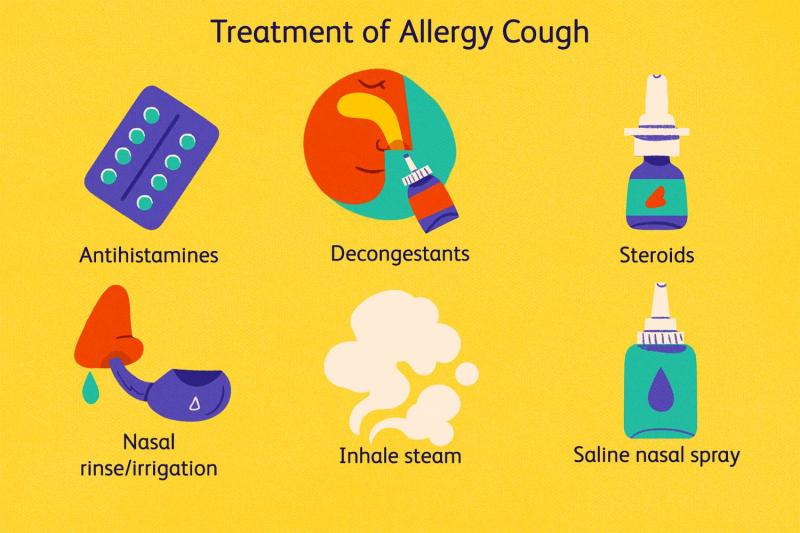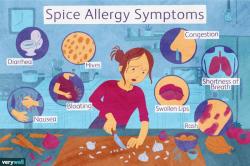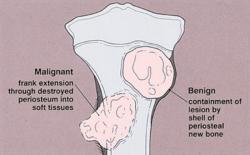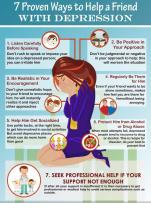Why are allergy medications not working?
There are several reasons why allergy medications might not be working effectively for some individuals. Here are the common factors:
1. Incorrect Diagnosis
Sometimes, what is believed to be an allergy might be another condition, such as a cold, sinus infection, or non-allergic rhinitis. Accurate diagnosis by an allergist is crucial for effective treatment.
2. Improper Use of Medication
Allergy medications need to be taken as prescribed. Overuse, underuse, or improper timing can reduce their effectiveness. For example, antihistamines work best when taken before exposure to allergens rather than after symptoms appear.
3. Tolerance Development
Over time, the body can develop tolerance to certain medications, making them less effective. This is particularly common with decongestants and some antihistamines.
4. Severity and Type of Allergy
The severity of the allergic reaction and the type of allergen can affect how well medications work. Severe allergies might require a combination of treatments rather than a single medication.
5. Environmental Factors
Continuous or high levels of exposure to allergens can overwhelm the medication's effectiveness. For instance, if you are constantly exposed to high levels of pollen or pet dander, it may be challenging for medications to control symptoms completely.
6. Underlying Conditions
Other health conditions, such as asthma or chronic sinusitis, can impact the effectiveness of allergy treatments. Treating these underlying conditions is essential for overall symptom management.
7. Choice of Medication
Different types of allergy medications work in various ways. Antihistamines, decongestants, nasal corticosteroids, and leukotriene inhibitors all address symptoms differently. The choice of medication needs to align with the specific type of allergy and symptom profile.
8. Combination Therapy
Sometimes, a single medication isn't enough. Combination therapy, which uses two or more types of medications, can be more effective. For example, combining an antihistamine with a nasal corticosteroid might provide better relief than either alone.
9. Medication Quality and Expiry
Using expired medications or those that have been stored improperly can reduce their effectiveness. Always check the expiry date and storage instructions.
10. Diet and Lifestyle Factors
Certain foods, smoking, alcohol, and other lifestyle factors can exacerbate allergies or interfere with medication effectiveness. Maintaining a healthy lifestyle can improve treatment outcomes.
Steps to Improve Medication Effectiveness
- Consult an Allergist: Get a proper diagnosis and personalized treatment plan.
- Adherence to Prescriptions: Follow the medication regimen as prescribed by your doctor.
- Environmental Control: Minimize exposure to known allergens.
- Review and Adjust Medications: Periodically review the effectiveness of your medication with your healthcare provider and adjust as necessary.
Sources
By understanding these factors and addressing them, you can improve the effectiveness of your allergy medications and achieve better symptom control.
Why might allergy sufferers find that their medications are ineffective?
There are several reasons why allergy sufferers might find their medications becoming ineffective:
Drug Tolerance: Over time with consistent use, some allergy medications, particularly antihistamines, can lose some effectiveness. Your body may become less responsive to the drug, requiring a higher dose or a switch to a different medication.
Changes in Allergies: Allergies can evolve over time. You might develop sensitivities to new allergens, or your existing allergies could worsen. Medications that were previously effective might not address the full range of allergens you're now facing.
Dosage Issues: Inconsistent use or incorrect dosage can hinder the medication's effectiveness. Forgetting to take your medication as prescribed, or taking an incorrect amount, can prevent it from properly managing your symptoms.
Underlying Conditions: Sometimes, allergy-like symptoms can be caused by underlying conditions like sinus infections or nasal polyps. If your medications aren't addressing the root cause, they won't provide full relief.
Incorrect Medication: It's possible you might be using the wrong medication for your specific type of allergy. Consulting a doctor or allergist can ensure you're on the most appropriate medication for your needs.
If you find your allergy medications aren't working as well as they used to, it's important to consult with a healthcare professional. They can help identify the reason for the ineffectiveness and recommend adjustments to your treatment plan. This might involve:
- Switching medications: Your doctor might prescribe a different medication class or a stronger version of your current medication.
- Adding a new medication: Sometimes, combining medications from different classes can provide broader symptom control.
- Addressing underlying issues: If an underlying condition is contributing to your symptoms, your doctor will recommend treatment for that specific condition.
By working with your doctor or allergist, you can find a medication regimen that effectively manages your allergies and provides relief from your symptoms.













